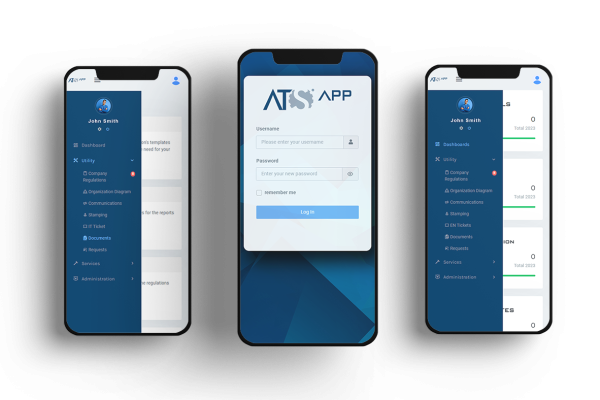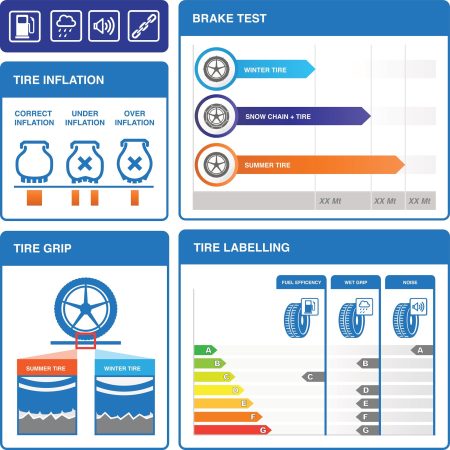perchè scegliere ats group?
ATS Group è un gruppo di società operanti nel settore delle Ispezioni, Certificazioni,
Testing e Omologazioni nel settore Automotive.
ATS Group, attraverso le sue società designate dai marchi e24 ed e5, è in grado di rilasciare l’omologazione di veicoli completi, categorie M, N, O, L, T, C, R, S, NRMM, omologazioni individuali.
Con le designazioni delle Autorità di omologazione (E57), (E5) ed (E24), ATS Group è in grado di effettuare omologazioni di componenti, sistemi ed entità tecniche dei veicoli in genere.
ATS Europe, in quanto Organismo di Certificazione accreditato ai sensi della normativa ISO 17021-1:2015 quale Organismo di Certificazione dei Sistemi di Gestione per la Qualità ai sensi della norma ISO 9001:2015, è diventata un azienda leader in materia di certificazioni.
I laboratori di prova affiliati ad ATS Group sono accreditati secondo la norma ISO/IEC 17025, garantendo affidabilità, precisione e conformità agli standard internazionali.

ats app
La nostra piattaforma online proprietaria è in grado di gestire l’intero processo di omologazione, dal preventivo fino al download diretto del Certificato di Omologazione finale.

ATS Group offre prezzi competitivi e tempi rapidi di esecuzione, garantendo un servizio efficiente e di qualità per soddisfare le esigenze dei clienti in modo tempestivo.















